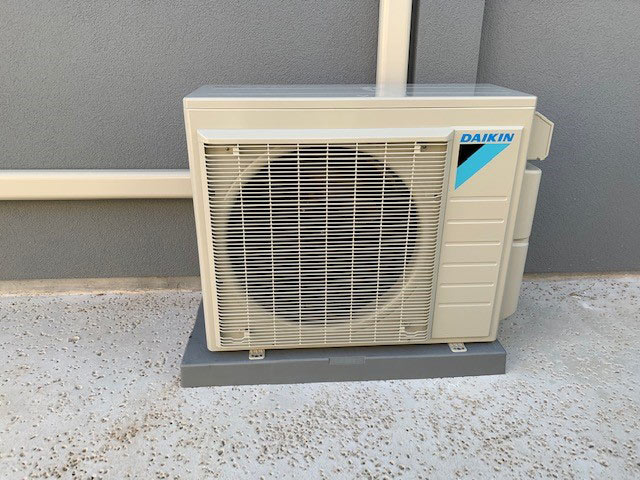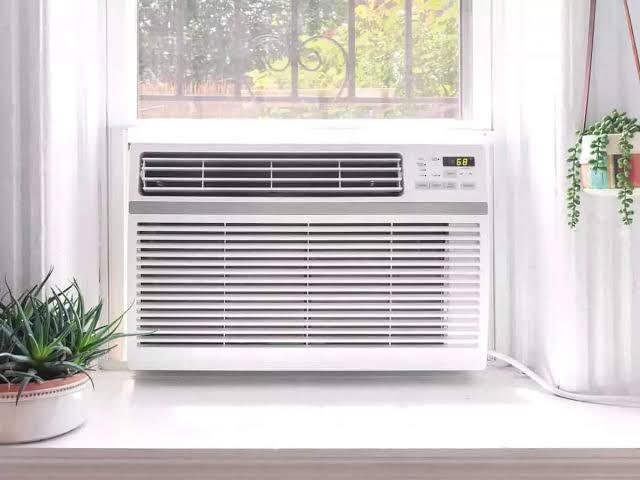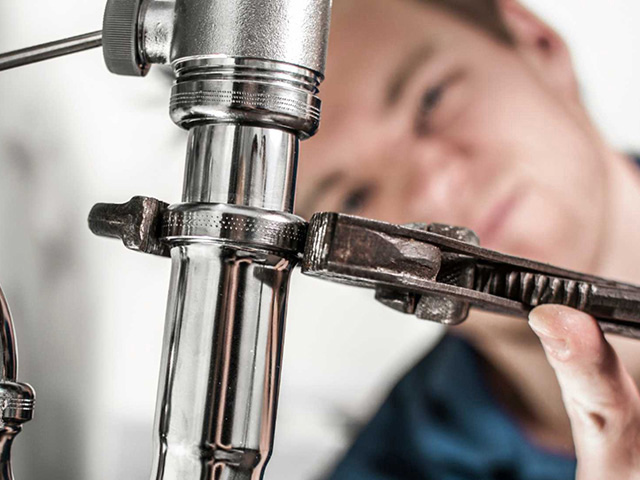Air conditioning units are a cornerstone of comfort during the hot months, providing relief and maintaining a cool, pleasant atmosphere in our homes and offices. However, like any appliance, air conditioners (ACs) require regular care and attention to keep them functioning efficiently and to prolong their lifespan. The average lifespan of an air conditioner is around 10-15 years, but with proper maintenance, it can easily last longer, saving you money and sparing you the hassle of premature replacements.
In this article, we will share expert tips and advice on how to extend the life of your air conditioner, ensuring it runs efficiently and serves you well for years to come.
1. Change or Clean the Air Filter Regularly
The air filter in your air conditioner is one of the most crucial components for its efficient operation. Over time, filters collect dirt, dust, pet dander, and other debris, which can clog the filter and restrict airflow. When airflow is restricted, your AC has to work harder, putting unnecessary strain on the system and reducing its efficiency. A clogged filter can also affect indoor air quality and cause other components, like the evaporator coil, to freeze.
Tip: Check the filter once a month, especially during heavy use in the summer, and replace or clean it every 1-3 months depending on usage and the type of filter. High-efficiency filters may need to be replaced less frequently, but always follow the manufacturer’s guidelines.
2. Keep the Coils Clean
Air conditioners have two essential coils: the evaporator coil and the condenser coil. Both are responsible for cooling the air and releasing heat, respectively. Over time, these coils can become dirty, which significantly reduces their ability to function properly. Dirty coils force the AC to work harder and can lead to overheating, system breakdowns, and costly repairs.
Tip: Clean the coils at least once a year. You can do this yourself with a soft brush or a vacuum cleaner with a brush attachment, or you can hire a professional technician to perform a thorough cleaning. Ensure that the condenser coils (located outside) are free from leaves, dirt, and other debris that can obstruct airflow.
3. Maintain Proper Refrigerant Levels
Refrigerant is the substance responsible for absorbing and releasing heat in the cooling process. If the refrigerant levels are low, your air conditioner will not cool effectively, and it may even lead to compressor failure, which is one of the most expensive parts of an AC to repair or replace. Low refrigerant levels can also result from leaks, so it’s essential to address any issues quickly.
Tip: Have a professional technician check your refrigerant levels annually and ensure there are no leaks in the system. If you notice your air conditioner is not cooling properly, it’s best to call an expert to handle the refrigerant issue.
4. Ensure Proper Insulation
Good insulation plays a crucial role in the efficiency of your air conditioner. If your home is poorly insulated, the cool air produced by your AC can escape, causing the system to run longer and work harder to maintain the desired temperature. Proper insulation helps keep cool air inside and hot air outside, making it easier for your air conditioner to regulate the temperature.
Tip: Check the insulation in your home, especially in the attic, windows, and doors. Seal any gaps or leaks, and consider installing window coverings, such as blinds or curtains, to reduce the heat entering your home. Additionally, weatherstripping can help seal doors and windows effectively.
5. Regularly Clean the Condenser Unit
The condenser unit of your air conditioner is located outside, and it is responsible for expelling the heat that your AC has absorbed. Since it’s exposed to the elements, the condenser unit can accumulate dirt, leaves, and other debris, obstructing airflow and causing the unit to overheat. When this happens, your air conditioner has to work harder to cool your home, which can decrease its lifespan.
Tip: Regularly inspect the condenser unit for debris, especially during the fall when leaves are more likely to accumulate. Use a garden hose to rinse away dirt and leaves, but avoid using a pressure washer, as it can damage the coils.

6. Optimize Your Thermostat Settings
The thermostat is the control center of your air conditioning system, and how you use it can have a significant impact on the efficiency and longevity of your unit. Keeping your thermostat set too low will make your air conditioner work harder than necessary, shortening its lifespan.
Tip: Set your thermostat to a comfortable but not excessively low temperature, ideally around 75°F (24°C). Avoid drastic temperature changes, as these can put additional strain on the system. Additionally, investing in a programmable thermostat can help you maintain consistent temperatures and avoid unnecessary cooling when you’re not at home.
7. Clear the Area Around the Unit
Both the indoor air handler and the outdoor condenser unit require plenty of space around them for optimal airflow. If furniture, plants, or debris block these areas, your AC system’s efficiency can suffer, leading to overheating and wear and tear on the components. Regular maintenance, like Changi Aircon Servicing, ensures these critical areas remain clear and the system operates at peak efficiency, helping to avoid unnecessary repairs and prolonging the lifespan of your air conditioning unit.
Tip: Ensure there are at least 2-3 feet of clearance around the outdoor condenser unit to allow for proper airflow. Inside, avoid obstructing vents or air handlers with furniture or drapes, as this can limit airflow and cause your AC to work harder.
8. Schedule Regular Professional Maintenance
While you can perform some basic maintenance tasks yourself, such as changing filters and cleaning the coils, a professional technician should inspect and service your air conditioner at least once a year. Annual professional maintenance can identify small issues before they become larger problems, and it ensures that your system is running at peak efficiency.
Tip: Schedule a professional HVAC inspection at the beginning of each cooling season. Technicians can clean the coils, check refrigerant levels, inspect the blower motor and other components, and ensure everything is working as it should.
9. Use Ceiling Fans to Reduce Workload
Ceiling fans are a great complement to your air conditioning system, helping to circulate cool air throughout the room. When used in conjunction with your AC, ceiling fans can help maintain a comfortable temperature while reducing the strain on your air conditioner.
Tip: Use ceiling fans to create a wind-chill effect, which can make the room feel cooler without needing to lower the temperature on your thermostat. This can reduce the load on your air conditioner and improve energy efficiency.
10. Be Mindful of Your AC’s Age
As air conditioners age, their efficiency typically declines, and the risk of breakdowns increases. If your unit is more than 10 years old and frequently requires repairs, it might be time to consider replacing it.
Tip: If your AC is approaching the 10-15 year mark, start planning for a replacement. Newer models are more energy-efficient, which can help you save money on energy bills and reduce your environmental impact.
Conclusion
Extending the life of your air conditioner requires a combination of regular maintenance, mindful use, and attention to the details that affect its performance. By following these tips—changing filters, cleaning coils, maintaining proper insulation, and scheduling annual professional maintenance—you can ensure that your AC continues to run efficiently and effectively for many years. Remember, investing a little time and effort into maintaining your air conditioner will pay off in the long run by avoiding costly repairs, reducing energy bills, and keeping your home cool and comfortable throughout the summer.
By treating your air conditioner with care and staying proactive with maintenance, you’ll enjoy years of reliable service and save yourself the expense of premature replacements. Stay cool!





